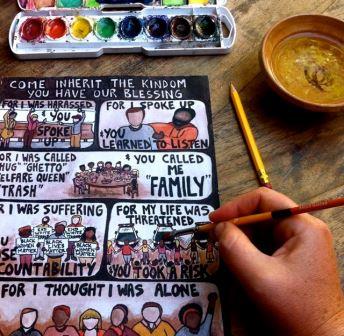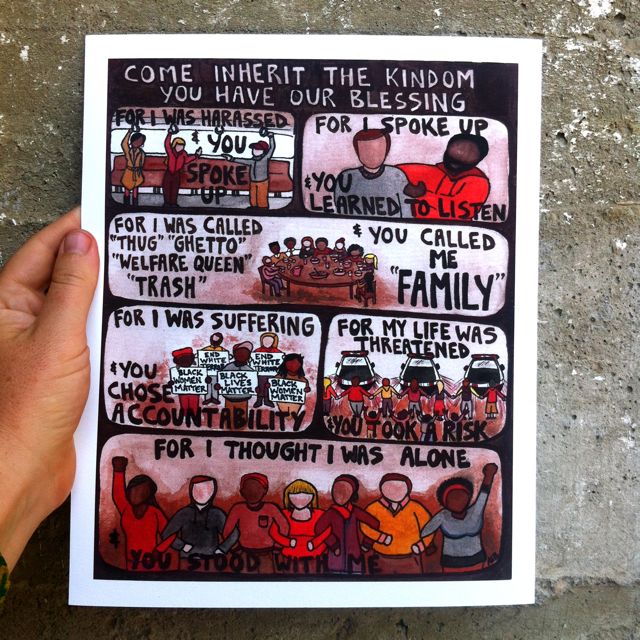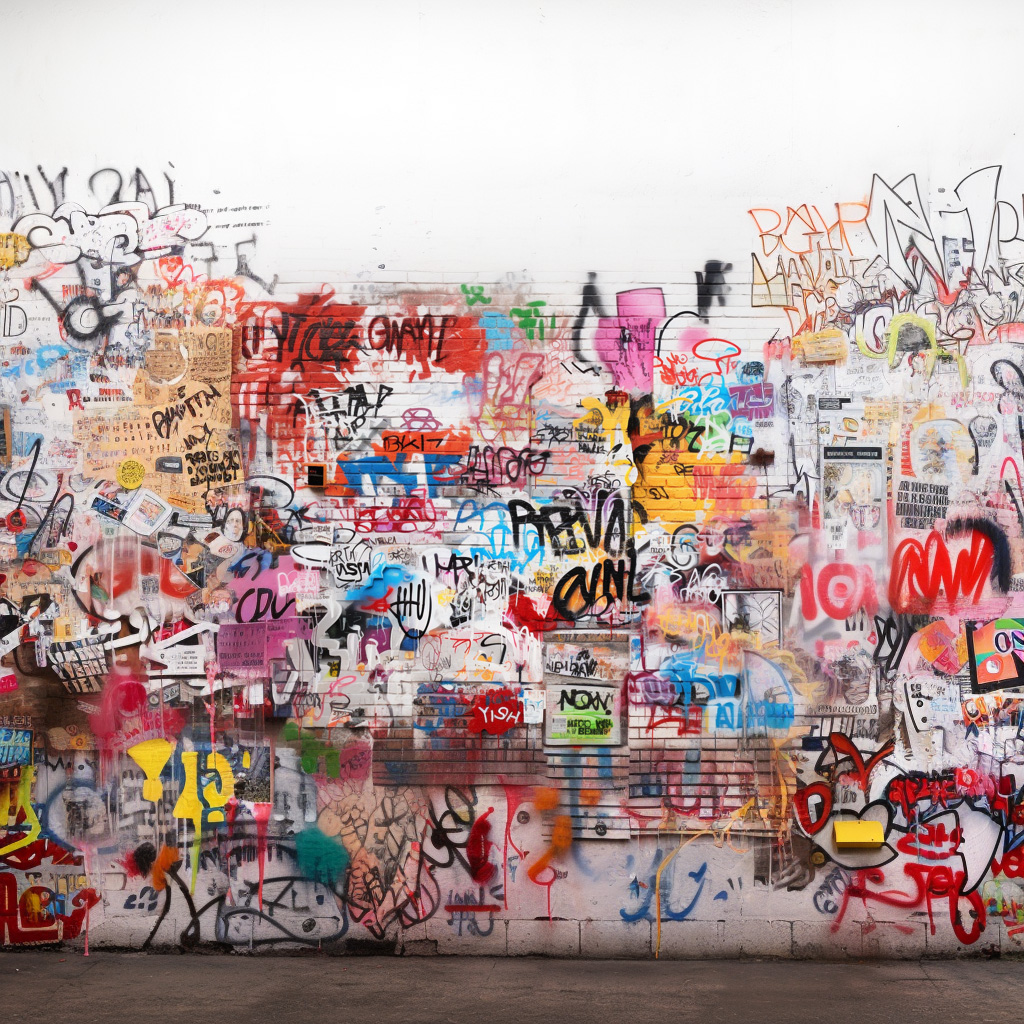MLK Day and choosing white discomfort
I don’t believe that remembering Martin Luther King Jr. and the movement that he represented is supposed to be comfortable for us white folks.
And I wonder what we might learn if, on this national holiday created in his honor, we were to sit with his speeches that most challenge — not affirm — our worldview today.
I wonder what it would mean for us white folks, in churches, Catholic schools and affluent communities, to collectively step out of our comfort zones today and every day in his honor.
What if us white folks dedicated more time to listening to black activists today? What if humility became the root of our attempts at solidarity with diverse communities of color who are fighting every day for their liberation?
Every autumn for the past four years, I have facilitated three, three-hour sessions on issues of white privilege and white supremacy as related to experiences of foreign volunteer work for Franciscan lay missioners in training with Franciscan Mission Service. These sessions were born out of my lived experiences as a Franciscan lay missioner in South America.
In these sessions, we start with the basics.
I explain how I opened my eyes to the realities of racism only when I stepped out of the white culture I grew up in; in other words, when I stepped out of my comfort zone.

And we connect that experience to concepts of white privilege and white fragility that help explain how a college educated adult, like myself, could be so ignorant about issues of racism.
We also focus on history in that first session; primarily, the history of colonization worldwide and how that history implicated white folks, particularly white Christian folks.
We talk about why it is so important for white folks who are confronted with their own ignorance to respond by choosing to educate ourselves. And we cover basics like how to respond to issues and experiences related to racism that are new to us — namely, by choosing to humbly listen and learn.
We also directly deal with the racist stereotypes surrounding Catholic volunteer work. I share about my experience of being characterized as a “saint” who was “sacrificing” myself by serving in a country economically poorer than the United States.
I explain to the lay missioners in training how different the ways in which I was being categorized were from the personal expectations that I had for living in another culture.
I knew for myself that I was choosing to live in Bolivia because I was interested in their vibrant indigenous cultures and inspired by the grassroots social movements thriving there. I was choosing to move to another country to humbly learn and collaborate, not pity and patronize.
But the reality was that most of the white Catholic folks supporting my life as a Franciscan lay missioner assumed the opposite and so I had to learn how to respond to those folks and look for opportunities to not only educate myself but to share what I was learning with other white folks too.
It was a terribly uncomfortable process.
While I was confronting similar, local stereotypes where I was living and working — a testament to the destructive effects of colonization still so very alive today — I was also simultaneously trying to navigate how to communicate what I was experiencing and learning with folks in my own country who were as steeped in white culture as I am.

The whole process has been full of discomfort and yet I would not have it any other way.
Why?
Well, just this past autumn a lay missioner in training asked me in the final session of our time together, “How do you find the courage to confront these issues of racism?” She, like me, was working through dealing with how overwhelming the discomfort can feel at times.
And in my own process I had found two possible responses to this question.
One came from a wise friend of mine who aptly taught me that no matter how hard I think confronting racism is for me as a white person it is always, always, more challenging, traumatizing and even life threatening for people of color.
As a white person I have the privilege to choose to confront racism, but for people of color it’s not a choice but a daily lived reality. Choosing to engage in conversations about racism with a white person is often an exhausting and fraught experience for people of color.
What I shared with the lay missioner in training that day is that this reality ought to, at the very least, inspire humility in us white folks while also leading us to another response.
I told her that I find the courage to confront issues of racism as a white person, not because I am an expert on issues of racism and certainly not because I am some savior who benevolently decided to care about these issues.
I find the courage to keep learning and confronting these issues because I have formed intimate relationships with people of color whose life experiences are very different from my own, and I care about being accountable to them.
The answer is both that simple and the living into it that complex.
But what I have found is that at the very least it does require a willingness from white people to get uncomfortable.

Today of all days is a good time to practice that voluntary discomfort — to stretch beyond what we know and have experienced as white people to listen and learn from the experiences and wisdom of people of color.
Here are some resources to engage that discomfort today:
“White Supremacy (Overt & Covert)”
“White Fragility: Why It’s So Hard to Talk to White People About Racism”
“White Fragility and the Rule of Engagement”
“The White-Savior Industrial Complex”
“#InstagrammingAfrica: The Narcissism of Global Voluntourism”
“The Importance of Listening as a Privileged Person Fighting for Justice”
“True Solidarity: Moving Past Privilege Guilt”
“Black America should stop forgiving white racists”
“If You Think You’re Giving Students of Color a Voice, Get Over Yourself”
“The FBI Has Quietly Investigated White Supremacist Infiltration of Law Enforcement”
——–
ABOUT THE RABBLE ROUSER
 Annemarie grew up in the Midwest and now lives in Bolivia, South America. Her spiritual journey has been greatly influenced by the Catholic Worker Movement and the Franciscan charism of humble availability and deep solidarity. She has also been influenced and transformed by the unique experience of spending most of her life in Western, capitalist culture and now living for years in Andean culture that is much more communal and rooted in the wisdom of indigenous communities. Today, she lives and farms with her partner and also creates and sells her original art under the name AEB Art.
Annemarie grew up in the Midwest and now lives in Bolivia, South America. Her spiritual journey has been greatly influenced by the Catholic Worker Movement and the Franciscan charism of humble availability and deep solidarity. She has also been influenced and transformed by the unique experience of spending most of her life in Western, capitalist culture and now living for years in Andean culture that is much more communal and rooted in the wisdom of indigenous communities. Today, she lives and farms with her partner and also creates and sells her original art under the name AEB Art.



